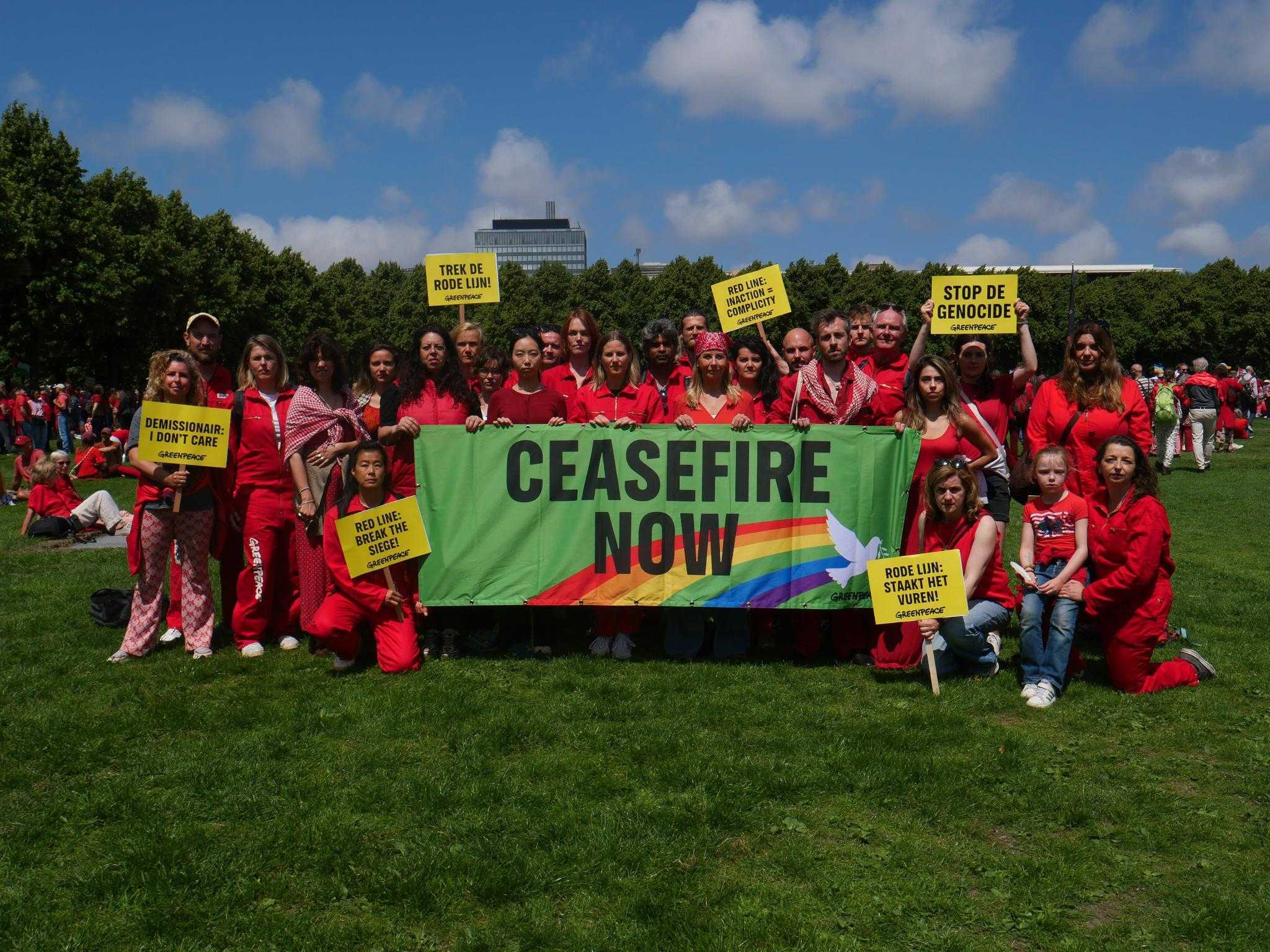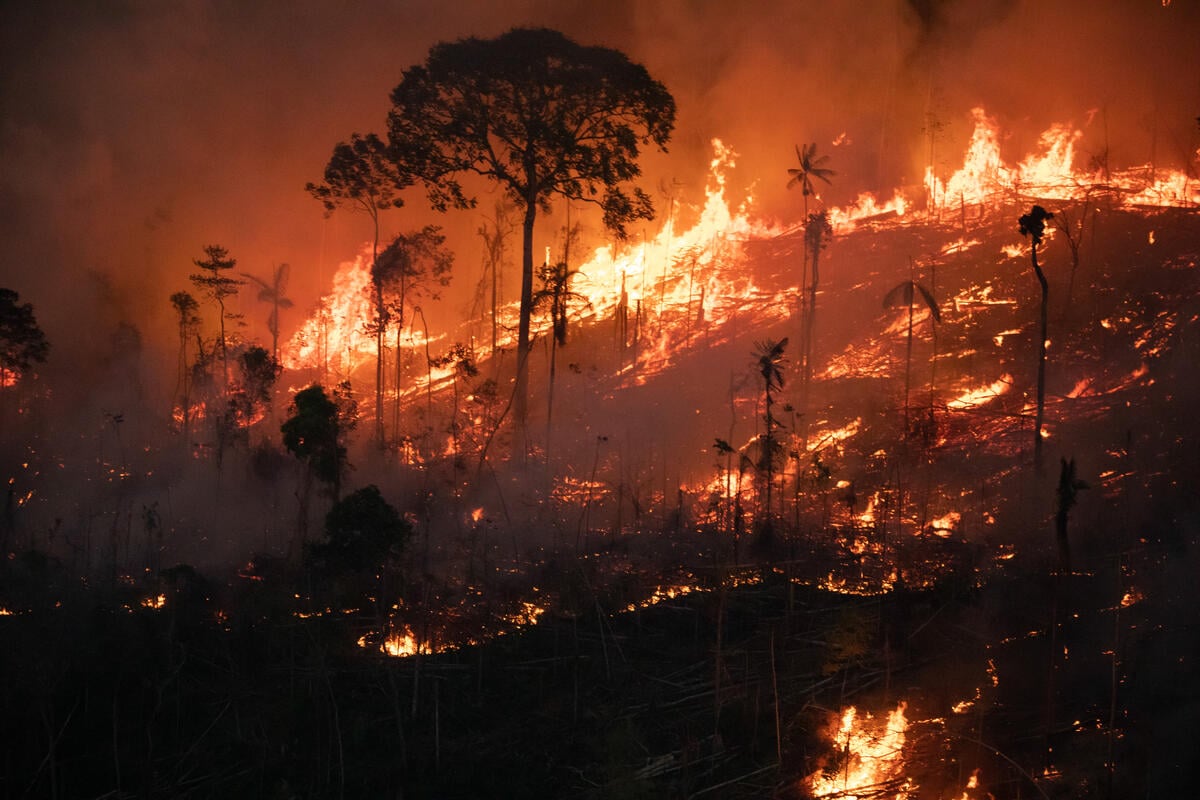Barely a month into Canada’s fight against the COVID-19 pandemic, big polluters are up to some old tricks.
Alberta Premier Jason Kenney’s government just issued an order exempting all facilities (other than water treatment plants) from reporting requirements under the province’s three main environmental laws. This makes the Alberta government the first Canadian government to use the public health emergency as cover for rolling back environmental protections (in the U.S., there are almost two dozen such initiatives).
This move was only possible because the province has declared a public health emergency, which grants Cabinet minister extraordinary powers to suspend legislated requirements (though I doubt anyone anticipated it would be used to do away with environmental protections). The order was justified on the ground that “there is hardship in having to comply with routine reporting requirements” and a government spokesperson claimed that the intent is simply to cut back on paperwork.
The truth, however, is that exempting polluters from reporting requirements will weaken environmental protection. This action highlights how the Jason Kenney government is prioritizing oil company interests over public health. And it is consistent with a broader international effort by the oil lobby to use the pandemic to roll back environmental laws.
Weakening environmental protections: Trumping Trump?
As University of Calgary law professor Shaun Fluker told the Canadian Press, Alberta’s regulatory system depends on self-reporting, so the move effectively suspends environmental enforcement in most of the province’s industrial facilities. He also pointed out that it goes further than a comparable move by the Trump administration, where companies must be able to show a causal connection between the inability to report and COVID-19.
In addition, reporting in the U.S. is simply deferred whereas in Alberta it is suspended (companies are expected to keep collecting data but will only have to submit it to the government upon request).
Prioritizing oil interests over public health and democratic participation
We are in a crisis, so suspending environmental enforcement might seem like a reasonable move if comparable moves were made elsewhere to lighten workloads. Yet, Alberta is going full-speed ahead with oil and gas project approvals and construction.
The leniency being granted oil companies on environmental reporting is not being extended to people who have concerns about potential impacts of new oil and gas projects on their land and water. The Alberta Energy Regulator has refused to extend deadlines for public consultations on new energy projects, even though the pandemic has severely limited the public’s ability to participate in a timely fashion.
To make things even worse, the Alberta government announced that it would put up CDN $7.5 billion to backstop Keystone XL pipeline construction. It is telling that Premier Kenney is firing up to 20,000 educational workers and attacking doctors to save money during a pandemic, yet can still find $7.5 billion to prop up a pipeline project that even the private sector wouldn’t back.
Kenney announced that pipeline construction would start immediately. Building a pipeline is much more complicated than submitting environmental reports, and a greater risk to worker and community health. The greenlight given to this pipeline puts into question the rationale for suspending reporting.
Oil industry shock doctrine
Corporate lobbyists have become adept at using moments of crisis to advance their agenda – what Naomi Klein called the Shock Doctrine.
In the U.S., a coal lobby group is trying to get out of paying royalties, reclamation fees, and the fund that covers treatments for coal workers left with black lung disease. Senate Republicans are fronting a request from oil, gas and coal lobbyists to reduce or eliminate royalties, while those same companies set themselves up to access the multi-trillion dollar corporate bailout fund. The American Petroleum Institute succeeded in getting the Trump administration to waive enforcement of some environmental laws. And to top it off, Trump has gutted vehicle fuel efficiency regulations (which would have reduced demand for oil) at the behest of the oil industry.
The suspension of environmental reporting is the first evidence of this lobby’s success in Canada, but the big prize remains: the Trudeau government’s promised package for the oil industry.
What now?
Jason Kenney’s gifts to industry illustrate the health and environmental dangers of giving our economic recovery money to the oil industry. Right now, we need to make sure that everyone has access to food, shelter and healthcare. In the longer-term, recovery from the COVID-19 pandemic needs to kickstart a clean energy economy that will provide sustainable livelihoods and reduce the risk of future shocks from climate risks.
Tell the federal government to bail out people, not polluters.




Discussion
I love of nature